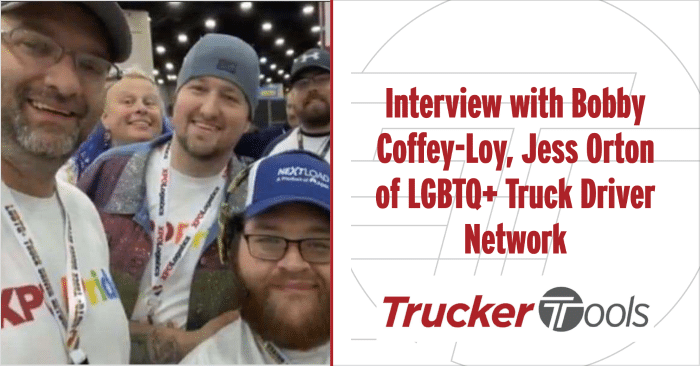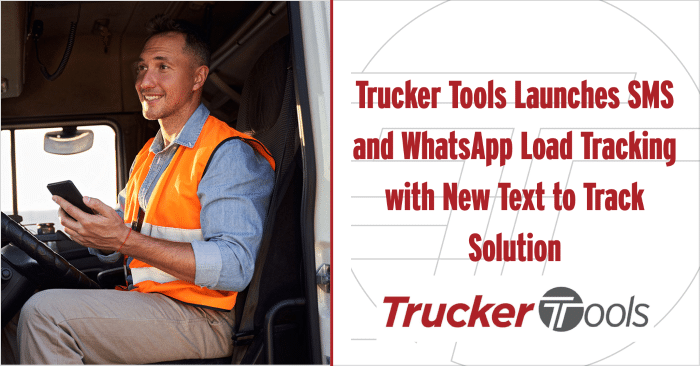Level Up Your Trucking Business: 5 Things You Should Know About Making the Jump from Company Driver to Owner Operator
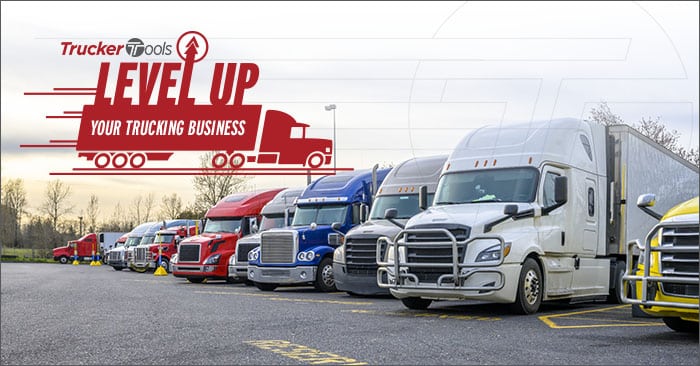
If you’re a company driver and you’re thinking of becoming an owner operator to capitalize on current freight rates, you’re not alone. Many truckers start out as company drivers and, at least for some period of time during their careers, switch to running freight as owner operators. As most owner operators will tell you, being an owner op includes all of the responsibilities and considerations that go with owning a small business. When you’re an owner operator, you have to manage your operating expenses, budget for truck/trailer maintenance and upkeep, and run as efficiently as possible. Check out these five things you should consider to ensure you’re prepared for making the switch from company driver to owner operator.
1. Start Up Costs
One of the first steps you’ll take when transitioning from company driver to owner operator is getting your MC number/own authority. To do this, you’ll need to get authorized by the FMCSA. You also may need to get a U.S. DOT number. Other start-up costs include truck registration and the Heavy Vehicle Use Tax. You’ll need to decide on how to structure your business (LLC or S-corp) and register the business with your state. Getting preapproved for primary liability and cargo insurance early on the in the process is a good idea, as well. There are fees associated with all of the above which you should be prepared for when transitioning to owner operator status.
2. Maintenance, Tires, Fuel, Roadside Assistance, Insurance and Other Expenses
As a company driver, your recurring expenses when you’re on the road are limited because the company you work for pays for the truck/trailer maintenance and everything that goes along with moving freight. When you’re an owner operator, you’re the one paying for everything. That includes paying for your truck and trailer, which will be one of your highest costs, as well as recurring expenses like fuel, tires, routine maintenance, health insurance, cargo insurance, business insurance and licensing fees. If you want to pay into a retirement fund, you’ll need to set and make recurring payments into the fund, as well.
3. Making Decisions on Which Loads To Take, Which To Decline
Even if you sign on to run as an owner operator with a trucking company, there will be times when you’ll need to find your own loads. Knowing which loads to take and which ones to pass on can be difficult. If a load takes you into a market where there are no good-paying outbound loads, you may not make much money on the load or even lose money once you factor in fuel and other costs. That’s why it’s a good idea to consult Trucker Tools’ three times/week “Where’s the Freight?” free market report, which will help you informed decisions on loads. You can use the Trucker Tools driver app’s free load search to find loads and backhauls, and keep those wheels are rolling. The rate you see on a load in the Trucker Tools driver app is the amount the broker is willing to pay on the load. Trucker Tools’ never takes a cut of your profits or charges you a fee to find or book a load, which helps you keep your overhead low.
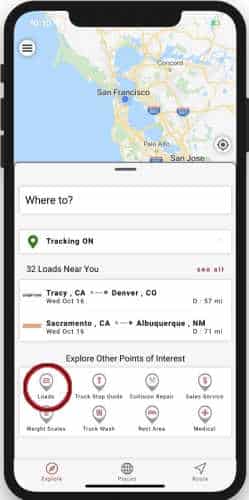
4. Efficiency Matters
When you’re an owner operator, time really is money. The more time you spend on non-driving business activities, the less time you have for driving and earning revenue. That’s why it’s essential to be as efficient as possible with your non-driving owner operator business activities, negotiating rates and booking loads with brokers, finding cheap fuel, planning your routes and submitting BOL/POD documents to get paid. With Trucker Tools’ free driver app, you can do all of the above in seconds with a few taps on your smart phone. The driver app also can help you quickly find parking, rest areas, truck stops, weigh scales, collision repair centers, truck washes, Wal-Mart locations and CDL legal assistance.
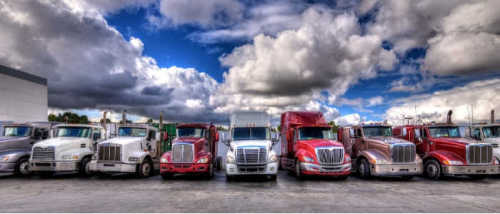
5. Emergency Fund
As a company driver, if your truck breaks down, it’s the company’s responsibility to repair the truck, which may cost thousands of dollars. Of course, as an owner operator, you’re responsible for paying for breakdowns, unexpected repairs and other unforeseen events. Most experienced owner operators will tell you that putting money away every week or month into an emergency fund is extremely important. You can use your emergency fund to pay for breakdowns/repairs, which will happen at some point, and for other unexpected expenses such as moving violations and fines.
For more owner operator advice, read Level Up Your Trucking Business: Four Income Tax Pitfalls To Avoid as an Owner Operator. To download the Trucker Tools mobile app, visit https://www.truckertools.com/carriers/.



